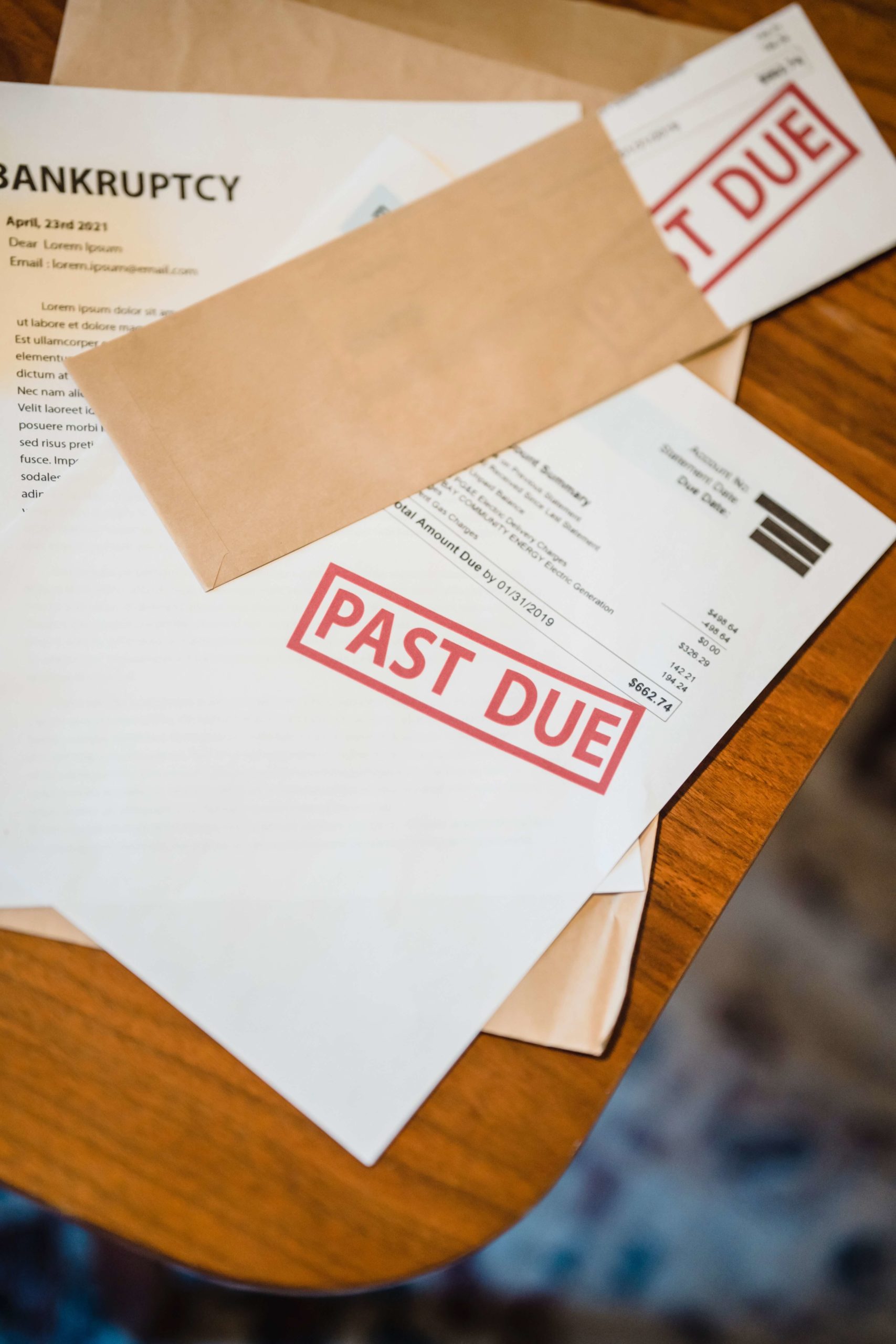
We Can Help
While it’s possible to file a consumer proposal on your own, working with a consumer proposal company can provide you with a range of benefits, including expert advice, reduced stress, improved chances of success, protection from creditors, and ongoing support throughout the process. If you’re considering a consumer proposal, it’s worth exploring your options and determining whether a consumer proposal company is the right choice for you.

Thinking of Bankruptcy?
When facing financial difficulties, both consumer proposals and bankruptcy can provide a way to deal with overwhelming debt. However, there are some key differences between the two options, and there are several reasons why you might choose a consumer proposal instead of bankruptcy.
3 Steps in Consumer Proposal
Consultation with a Licensed Insolvency Trustee (LIT):
The first step in applying for a consumer proposal is to consult with a Licensed Insolvency Trustee (LIT). An LIT is a licensed professional who is authorized to administer consumer proposals in Canada. During the consultation, the LIT will review your financial situation, including your income, expenses, assets, and debts. Based on this information, the LIT will determine whether a consumer proposal is a viable option for you and whether it is a better alternative than other debt relief options, such as bankruptcy.
Proposal development and submission:
If the LIT determines that a consumer proposal is the best option for you, they will work with you to develop a proposal that is acceptable to both you and your creditors. The proposal will outline how much you are willing to pay back to your creditors and over what period of time. Once the proposal is developed, the LIT will submit it to your creditors on your behalf.
Creditor vote and proposal acceptance:
After the proposal has been submitted to your creditors, they will have 45 days to vote on whether to accept it or not. If the majority of your creditors vote in favour of the proposal, it will be accepted and become legally binding. You will be required to make the agreed-upon payments to the LIT, who will distribute them to your creditors. If the proposal is not accepted, you may need to consider other debt relief options, such as bankruptcy.

